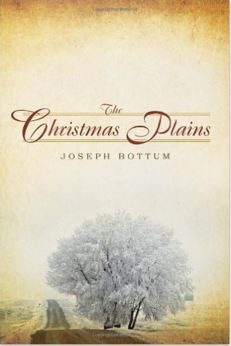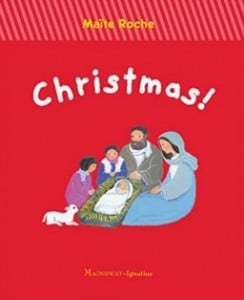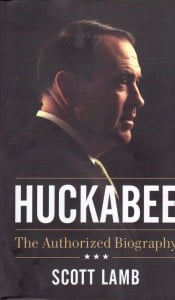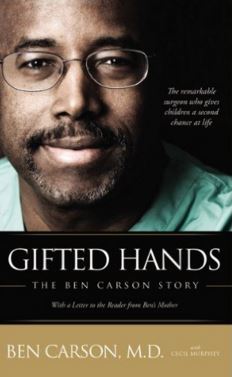We are, all of us, dying. Even you.
It may be a traffic accident, a horrific front-end collision that sends you spiraling toward eternity. Or cancer will have its way with your gnarled body—a ravenous interloper, swelling, pressing on sensitive organs, then releasing its pent-up energy in a hemmorhagic burst of blood and lipids. You may find yourself staring at the barrel of a shotgun, or clutching your breast in cardiac arrest. But die, you will.
We are, all of us, dying. And if we don’t die of trauma or disease, our last years may mirror those of Jeanne Murray Walker’s mother, mired in forgetfulness.
* * * *
 I just finished reading The Geography of Memory: A Pilgrimage Through Alzheimer’s
I just finished reading The Geography of Memory: A Pilgrimage Through Alzheimer’s, Walker’s very personal and poignant reflection on her mother’s descent into dementia. A talented poet, Walker offers up anecdotes from childhood, from college, from adulthood—so that by the time the mom begins her downhill slide into absent-minded non sequiturs, the reader has learned to love her just as her daughter does. I was moved to tears when the elderly woman was finally transferred to an Alzheimer’s unit, leaving behind forever the beloved objects which had marked the seasons her life. I smiled at the tender care the residents received in that unit. This is what I mean:
For hours the woman we called the Pacer had been tromping up and down the hall in her jazzy matching purple sneakers and baseball cap, regalia that suggested that someone, one of her children, possibly, cared about her. Lean and athletic, she pumped her bent arms enthusiastically as she walked. One of the aides moved to divert her but she broke free and pushed on. Trailing her, the aide finally convinced her to rest, then led her by the hand to a chair as if she were a child, coaxed her to sit on her lap, and rocked her.
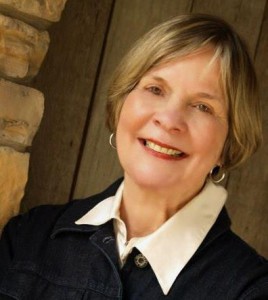 And I caught my breath when Walker discovered her mother’s handwritten list of Memorial Helps, a guide the elder woman had penned for her daughters for when the time came to plan her funeral. On lined paper, she’d written:
And I caught my breath when Walker discovered her mother’s handwritten list of Memorial Helps, a guide the elder woman had penned for her daughters for when the time came to plan her funeral. On lined paper, she’d written:
Don’t mourn. I’ll be with Jesus.
No jewelry on.
Have a bright colorful dress
Wear glasses (good) for sure
Small opened New Testament to cover my lumpy fingers
Whoever preaches, He’s to use my old Scofield Bible that is all written full, that I dearly loved.
Several years ago, I wrote an article about the 2004 Nick Cassavetes film The Notebook, and why it’s the only film that ever made me cry. Some of my readers seemed to think of it as a simple chick flick; but it touched my heart in a way that other dramas failed to do. It forced me to imagine my own reluctant foray into old age, and to reflect on the frightening goodbyes in my own future. I wrote at the time:
Like a funhouse mirror, “The Notebook” stretched and skewed reality, exposing my future in a wiggly, wavy sort of way—forcing me to admit, perhaps for the first time, that those little lapses in memory that we laughingly call “senior moments” are precursors to a Big Forgetting, the beginning of the end.
Through the years—through raising children and watching them grow, through buying homes and cars and baby strollers—we’ve merged our fortunes, for better or worse. Together we’ve tested our wings, driving across the country in a Chevy Vega packed to the roofline with tent and frying pans and baked beans, and later flying across the Atlantic to explore the European countryside.
Now clomping along through our 35th year of marriage, my husband and I joke about the inevitable signs of aging: the aches and pains, the creaky hip, the misplaced eyeglasses, the forgotten name that’s just on the tip of the tongue. But someday—and that day will force itself upon us in a flash—there will be the inevitability of a sweet goodbye. If we’ve lived and loved for sixty years, it will not have been enough.
The Geography of Memory struck a chord in that same way, drawing me into myself, forcing me to confront my own eventual frailty in spite of the frenetic pace of my life today. It’s well written, melding pathos and poignancy; but its greatest treasure is the glimpse it offers into an American family, and the fine example of a woman’s generous and abiding love for her mother.
I recommend it highly.


